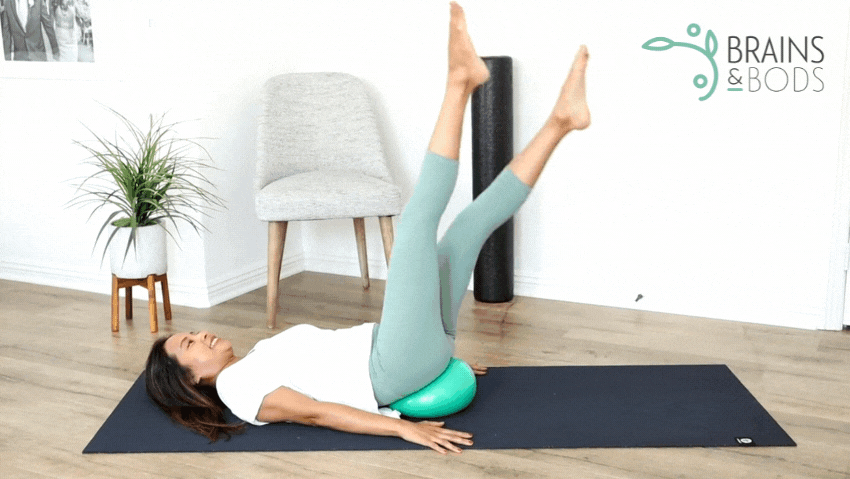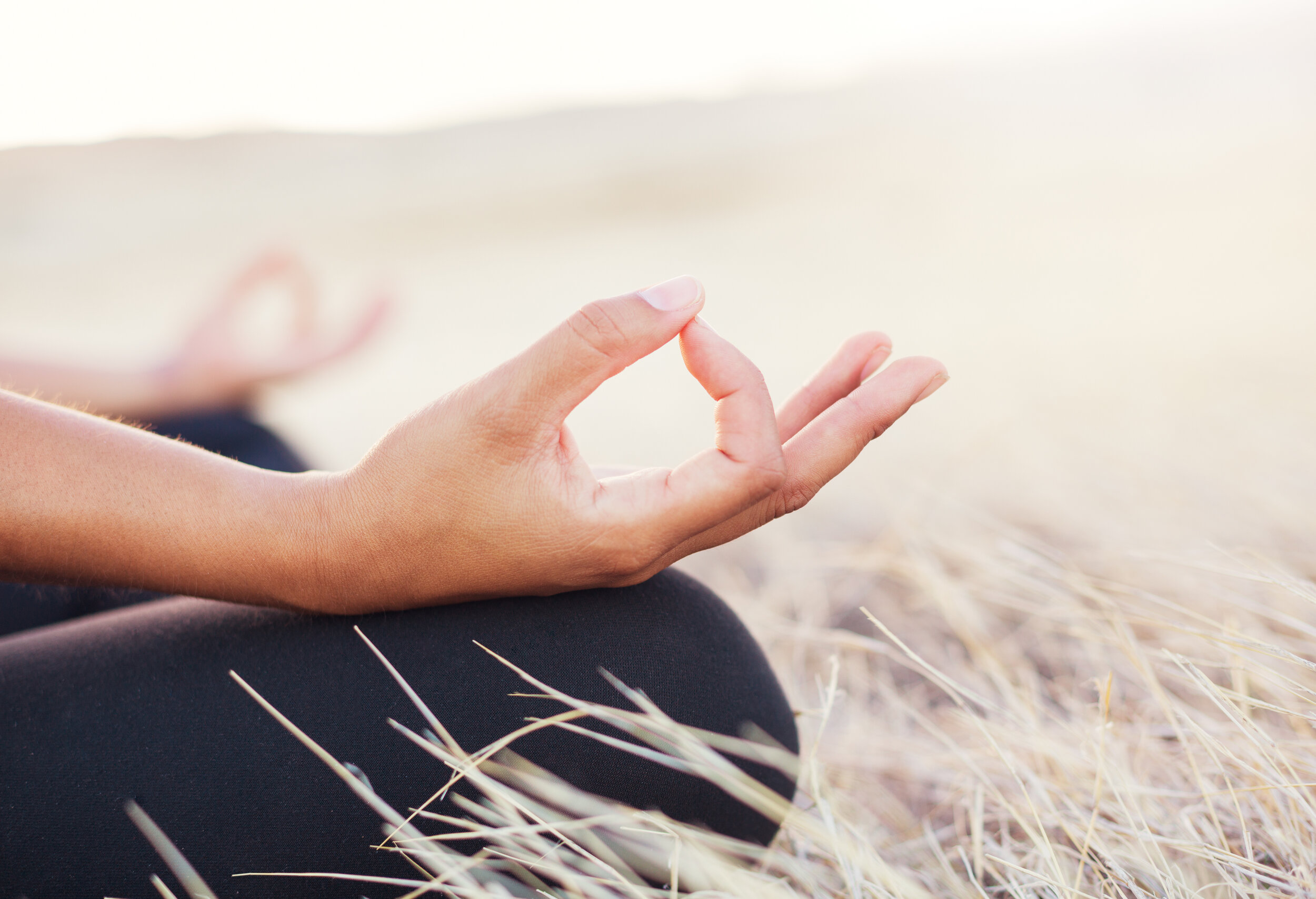Is Practicing Gratitude the Key to a Happier Life?
Research shows that gratitude is consistent with greater happiness.
How are you dealing with stress or feeling hopeless? During this time of COVID and seeing racial injustice at the forefront, I’ve been having ALL the feels. There have been so many ups and downs with my emotions recently, but one thing that keeps me balanced is practicing gratitude. Even taking one minute out of my morning or evening routine has been very effective in calming my emotions and suppressing my anxiety.
I recently read this great article titled, The Neuroscience of Gratitude and How It Affects Anxiety & Grief, written by Madhuleena Roy Chowdhury.
“Gratitude is associated with a personal benefit that was not intentionally sought after, deserved, or earned but rather because of the good intentions of another person” (Emmons & McCullough, 2003).
It succinctly summarizes the neuroscience behind practicing gratitude. Below I’ve listed some of the benefits she describes, as well as the neurological changes occurring in our bodies. Practicing gratitude changes our brain chemistry for the better. Even more exciting, new research is showing that practicing gratitude can be just as effective as antidepressant medication, or EVEN BETTER for those who suffer from depression.
When we take the time to think about it, we all have so much to be grateful for. Simply, the gift of life and being able to live another day is something to be thankful for in itself. Research shows that gratitude is consistent with greater happiness, so what not give it a try?
What are the benefits of Practicing Gratitude?
Psychological Benefits
Positive emotions and thoughts
More aware and awake
Increased self satisfaction
Enhanced mood
Physical Benefits
Stronger immune system
Less body pain and aches
Optimum blood pressure and cardiac functioning
Better sleep-wake cycles
Social Benefits
Better communication
More empathy
Stronger interpersonal relationships
More like ability among group members
More involvement as a team member
How does practicing gratitude affect your brain?
Feeling gratitude increases the amount of dopamine produced in the brain causing a biochemical reaction. Dopamine is a “feel good” neurotransmitter. A lack of dopamine in the brain can actually lead to depression and other diseases. Gratitude also suppresses the amount of cortisol being released, which decreases stress levels. Researchers have been able to study this by examining the grey matter in the brain related to gratitude with fMRI technology.
They have seen increased gray matter in specific areas in persons who practice gratitude. There is also further research concluding that practicing gratitude can rewire the frontal cortex, which is the area in which we do our critical thinking.
How long does it take to notice an effect?
Practicing gratitude gives you a boost of dopamine right away, so the immediate effect is present. For long term positive effects, there must be consistency over time. It has been said practicing daily for about a month, starts to give you lasting physiological effects for a greater period of time.
What are some different ways to practice gratitude?
Keep a gratitude journal. It is up to you how you want to do it. You can write down a few things in the morning about what you are grateful for, or you can write about a few special moments you experienced during the day before bed. Don’t think you can do it daily? Reflect on your whole week and start off the next week inspired. How much you do is up to you, but it is important to stay consistent!
Say out loud 3 times during the day you are grateful. (You can do this solo or with a friend.) Take time to appreciate the small moments that normally pass us by. Expressing your feelings in the moment can be very powerful for yourself and others.
Set up a gratitude visit once a month with a friend/family. We all have someone that we are grateful for in our lives. Plan a regular time to get together. Just mention to them how much you appreciate them.
Send an unexpected thank you note or text. Really any unexpected act of kindness goes a long way, especially to a stranger, or someone in need. The positive effects of doing/giving can last for awhile.
Add this to your prayer or meditation. For those who like to connect on a spiritual level, this is a simple thing to do and as previously discussed, so good for you. Try to be as specific as possible, instead of using blanket statements such as, “I’m grateful for my family.”
Appreciate yourself! Look in the mirror in the morning and say 5 things you like about yourself. This is something I probably struggle with the most. Use this as a personal challenge. We need to learn to be more kind to ourselves!
Doing even one of these things daily could make a huge difference in your life and it's so simple to do. Be kind to yourself and others; pay attention to the details. The lasting effects of practicing gratitude can only lead to you finding greater happiness.





















Do you struggle with side planks? Try a modified version on your forearm and knee. You can add different exercises in this position to work the side body while working towards a full side plank.